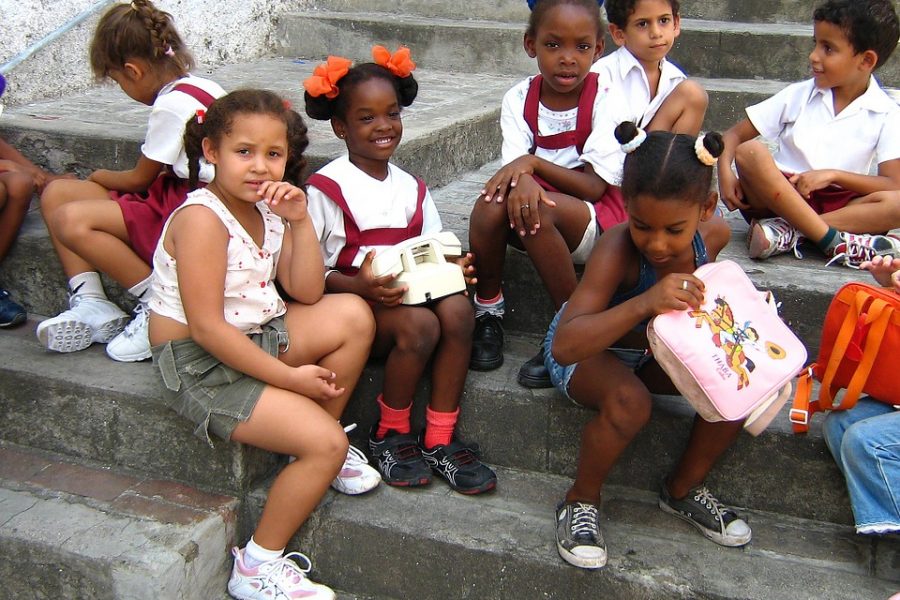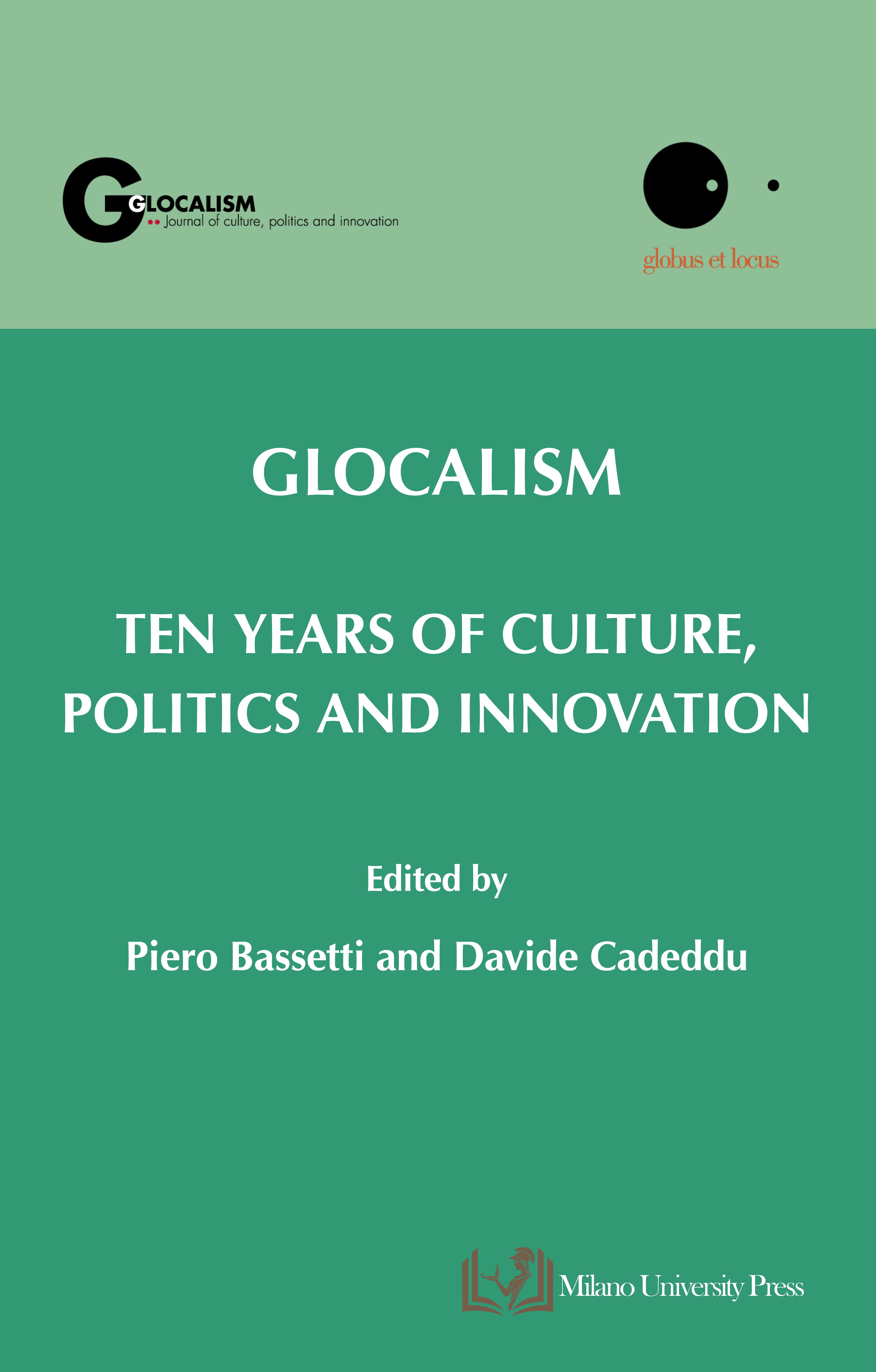Navigating hybridity: investigating the dance between culture and values within the cuban national education system
DOI:
https://doi.org/10.12893/gjcpi.2013.1.8Keywords:
hybridity, common good, Cuba, educational schooling system, FreireAbstract
Hybridity is the dynamic relationship between local and global factors that push and pull on people and nations. Hybridity is deeply situated in socio-contextual factors, like cultural beliefs, education, and political systems, that aid and hinder a people’s navigation of globalized phenomena. Simply put, hybridity is how people and societies adapt to a changing world. This article examines the case of Cuba in response to hybridity.
Specifically, the article’s purpose is to examine ways that the Cuban National Education System impacts how Cubans navigate the global march towards hybridity. The article reports on a focused ethnographic study of a week long education trip to Cuba during February 2013. The ethnography includes over 100 hours of data collection, including semi-structured interviews with 26 Cuban participants. The study uses Freire’s (1970) notion of “humanizing pedagogy” to analyze how the impact of the Cuban National Education System values in the context of Cuba and larger global context. The study found that three values in particular, amor, solidaridad, and conciencia de derechos y response, were deeply embedded in the Cuban National Education System and effect the way that Cubans navigate the complex hybridity that situates their island nation.
Downloads

Downloads
Published
How to Cite
Issue
Section
License
Copyright (c) 2013 Brandon Fox, Erik Byker

This work is licensed under a Creative Commons Attribution-ShareAlike 4.0 International License.











